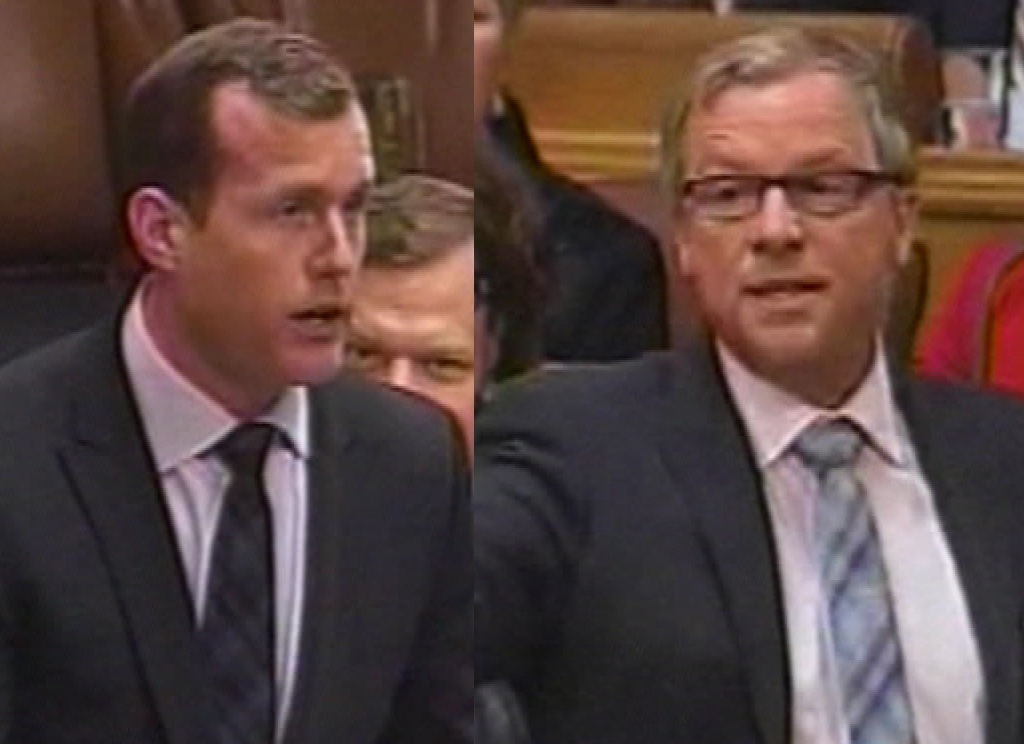REGINA – The 2014-15 Saskatchewan budget included investment in health care and infrastructure, but what it didn’t have was investment in the Saskatchewan Futures Fund – a plan to save a portion of money made off resources like oil and potash.

The recommendation came in November 2013. When resources make up more than 26 per cent of all government revenues, the money would either pay debt, go into a savings account, or be split between the two.
Now the government says debt payment comes first, but the Opposition NDP want that savings now.
“Young families I speak with pay down the mortgage and they tuck away money for retirement and kids’ education,” said NDP leader Cam Broten. “It’s important to develop those good habits.”
Much of the province’s debt load dates back to the 1980’s – with historically high interest rates. Premier Brad Wall argues those rates are higher than what interest from the Futures Fund could yield.
“If the interest rates on the debt are significantly higher than what we think we could get for return in a savings fund, Saskatchewan common sense would be to pay off the credit card,” Wall said on Thursday.
Hafiz Akhand, head of the University of Regina’s Department of Economics, thinks the province should go a different route.
Akhand says two-thirds of resource revenue should be saved, adding that he believes the government’s debt payment is too slow not to be saving at the same time.
“If I keep spending every year, whatever I’ve earned, and I have a $200,000 mortgage, I wouldn’t have any other money to pay that down,” Akhand said. “That’s exactly what is happening here.”
Critics label it as a broken promise, but Wall says the Futures Fund is still on the table.
“If we have a comfort level that we can achieve the financial aims for future generations by beginning savings now and paying off a little bit of debt at the same time, we’ll go that direction.”
Though, with a decline in forecasted revenues from oil and potash, it could be several years down the road.


Comments